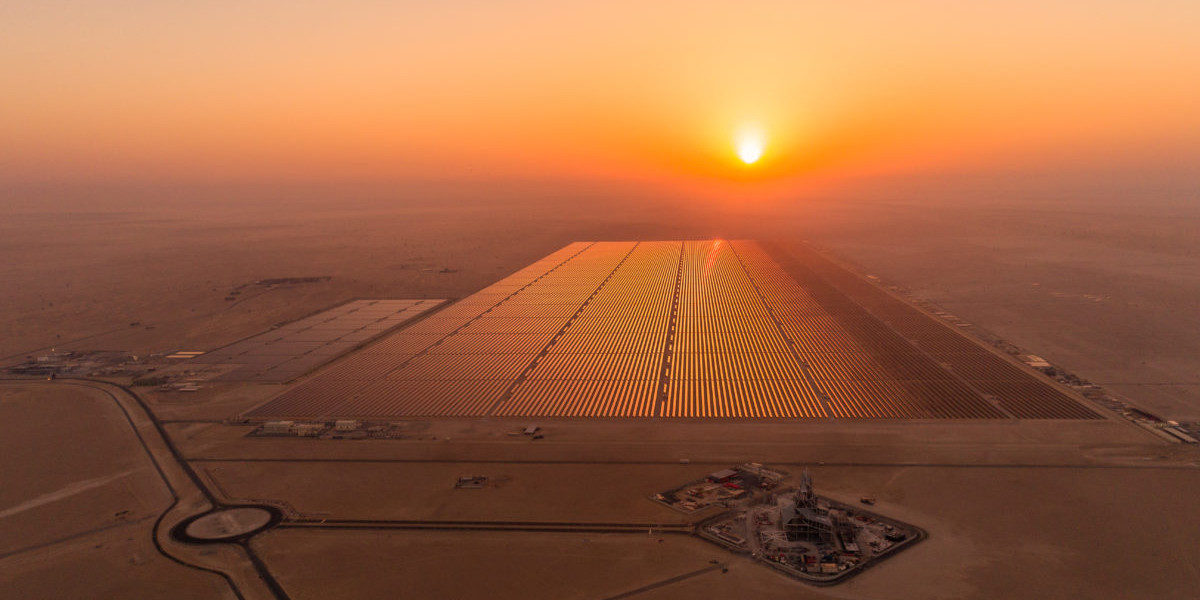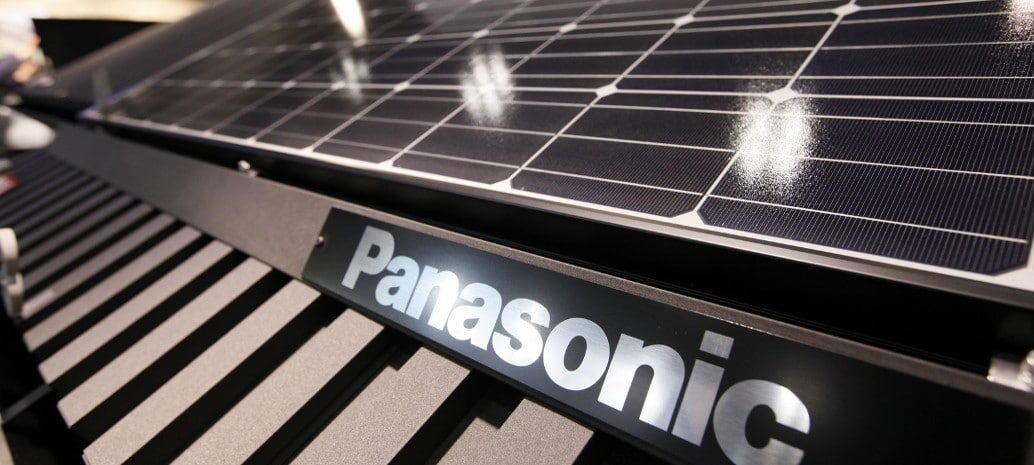We need the OPEC states
The OPEC (Organization of the Petroleum Exporting Countries) states are necessary for the transition to a hydrogen economy, in particular the Gulf countries and North Africa. This is because without a supply of hydrogen from these places, an immediate conversion is just not possible.
These countries have a unique opportunity to supply Europe and the world with pure (CO2-free) hydrogen, instead of hydrocarbons. This is possible from North Africa via the existing natural gas pipelines, or from the Gulf countries by means of liquid hydrogen by tanker. Thus, the business models of these oil-exporting states do not have to change; the share of export quantities of green or blue hydrogen will, rather, increase as Germany and other EU countries substitute coal with hydrogen.
Green hydrogen is hydrogen from electrolysis, with electricity from renewable energies in accordance with electricity criteria for green hydrogen, or from biomass produced in a certified green thermochemical or biological conversion process. Blue hydrogen is climate-neutral hydrogen from natural gas with CO2 capture and storage.
The Gulf countries are the ideal future producer and supplier of green hydrogen, due to the very cheap production of electricity from solar power plants. The enormous demand for green hydrogen for transport, industry and housing cannot be produced from sources available in Germany and Europe alone. In this way, the Gulf countries can already counteract a possible decline in prices and the loss of importance of crude oil and natural gas by steadily increasing electromobility and (over-) compensate for this by supplying hydrogen.
Increasing importance of hydrogen
The increasing importance of hydrogen as an energy source will inevitably lead to the market establishment of hydrogen technologies. This establishment will, in turn, drive further demand. Participation of the Gulf countries in this cycle has a socio-political and socio-economic dimension (as already stated by the author in “Hydrogen Economy for Arab Countries: Perspectives” July 27, 2018):
„The Arab world is facing major sustainability challenges in achieving social, economic and environmental goals. A hydrogen economy can help Arab governments, companies, and citizens to save billions of dollars each year from reduced energy bills and sustainable waste management, while at the same time reducing carbon footprints– a win-win solution. Extremely arid climate, acute water scarcity, high energy consumption and polluting oil and gas industry present a unique challenge in Arab countries. Almost one-fifth of the Arab population is dependent on non-commercial fuels for different energy uses. All sectors of the economy — residential, commercial, transport, service and agriculture — demands modern energy services. Gaseous emissions from the exploration and burning of fossil fuels is heavily polluting the atmosphere in the Arab world. Waste management has emerged as a major environmental issue with mountains of wastes accumulating in big cities across the Arab world. Compared to other countries, Arab countries are experiencing higher emissions of oxides of nitrogen, sulphur dioxide and volatile organic compounds.
“More than 40% of the Arab population in rural and urban poor areas do not have adequate access to energy services. It is also noted that almost one-fifth of the Arab population relies on non-commercial fuels for different energy uses.
“Basic principles at a glance
“Water/hydro is life, energy and a fuel:
- Water is composed of hydrogen and oxygen.
- Water changes its state into hydrogen and oxygen, and then back to water.
- Nothing is lost in the world. Everything only changes its status and can be used over and over again: from a solid to a liquid to a gas. This is the hydro-logic and hydrogen circle.
- Our energy is utilized in the form of oil, gas, coal, or wood; all are hydrocarbon elements and compounds.
- Take away the carbon and use only the hydrogen as C02-free energy for universal use.”
Against this background, the following conclusions can be drawn
The Gulf countries are already far ahead of most other nations, because of their significant commitment to climate change. They can further strengthen their position through the cheap export of hydrogen. If the Gulf countries now work in parallel with Germany and the EU to introduce a hydrogen economy, this will be a great success. Then we can still save our climate – and with it our world.
About the Author

Heinz J. Sturm is the Author of the Bonn Climate Project, Civil Engineer and a renowned expert on Hydrogen and Fuel Cell Technology. He is the Founder/Owner of the Bonn, Germany-based International Clean Energy Partnership (ICEPS) and Climate Technology Centre (CTC). Heinz Sturm is officially and regularly advising governments and organization on hydrogen economy, circular economy, climate change and clean energy. You can contact him by email: heinzsturm@clean-energy-bonn.org
The Bonn Climate Project
ICEPS CTC Bonn has been a member of the “Network of Experts Hydrogen Fuel Cell” since it was founded by the state government in 2000; since then it has been developing the “Bonn Climate Project”. Already in 2000, it could be foreseen that only water/hydro (gen) unlike all other sources of energy, could be used for climate protection. Hydrogen-based energy supply is much more economical and efficient compared to fossil fuels, which are not regenerative and have high CO2 emissions.
As a Bonn-based entrepreneur who works on international projects, Heinz J. Sturm understands the need to establish a link between the Bonn Climate Project and the UN Climate Change Secretariat, in order to develop a holistic approach to using hydrogen for climate change mitigation. This is the only way through which it can be made economically viable and be used to accelerate energy access in developing countries with barely any energy infrastructure.
Against this background, he has been actively involved in climate protection issues for years. He advises the UN Climate Change Secretariat and some African and Arab governments from the Climate Technology Center in Bonn, and has been an advocate of holistic approaches for years. It is not the single technology, nor the individual drive that determines the success of hydrogen for climate protection and for clean energy supply, but the “thinking through” of a society and hydrogen economy.
Germany / North Rhine-Westphalia and Bonn are addressing climate protection worldwide. The UN Climate Secretariat also sets international standards, known as the Carbon Development Mechanism (CDM). It is clear that the UN City of Bonn is increasingly operating in the field of climate protection with the CTC Bonn, not only nationally, but also internationally, thereby attaining an outstanding position. In addition, the Bonn Climate Project is a multi-faceted climate project that is fully developed and formulated. As described in H2 Strategies, it can be displayed on a large scale within a very short time at its Bonn location in conjunction with CTC Bonn, and then replicated worldwide.
The views and opinions expressed in this article are the author’s own, and do not necessarily reflect those held by pv magazine.
This content is protected by copyright and may not be reused. If you want to cooperate with us and would like to reuse some of our content, please contact: editors@pv-magazine.com.



Hydrogen can be useful. But saying we need it is hyperbole. There’ve been plenty of studies that modeled a 100% renewable grid with batteries, pumped hydro, compressed air, and other, for storage. Those things can work. Hydrogen is useful, but not mandatory.
The thing is hydrogen can be used for power and transport on demand, the system would stay more or less the same, you don’t have a problem with space, you can do it on scale, it would be a future with lesser scarcity.
It makes a lot more financial sense to stay with oil and gas for them.
Very compelling information.
I have been following the potential of a hydrogen global economy for 20+ years. I am now living in the Philippines and believe that green hydrogen has a great potential here in this developing nation. The Philippines has the highest cost of electricity in Asia and much of that electricity is produced from coal and oil fired generators.
Now however, a company… Solar Philippines has begun manufacturing panels… 2.5 million in 2018. This and other companies are producing electricity at a fraction of the price with more reliable service because brown outs are a common problem here.
Australia is producing green hydrogen to be shipped to Japan as both nations are focusing on developing hydrogen economies. South Korea and China are also moving quickly into a hydrogen economy. China will build no more coal fired generators and has created a research and development business hub to focus on hydrogen specifically. Producing green hydrogen from solar panels and wind in Australia and China makes economic sense because excess capacity not delivered to the grid can be converted to the potable fuel hydrogen.
I recommended that OPEC diversify into renewable energy 30 years ago, so I am pleased to hear about the Bonn project.
It seems that we are on the same page as to the problems associated with climate change. This in itself will not be the total answer.. however by following the advice of Gandhi… live simply so that others can simply live, end deforestation while planting billions of trees and bamboo, quickly adopt electric and hydrogen transportation and industrial purposes and decommissioning coal and fossil fuel electric generators, etc, than perhaps we might still create a future for our grandchildren.
Unfortunately the production and conpression/ liquifing of hydrogen is a wasting energy process, and using the more valuable fresh water ( after expensive desalination) to electrolyze and produce hydrogen for Fuel Cell is really a difficult task: ok after using hydrogen inba Fuel Cell you can take the water back a byproduct of FC, but creating and trasporting hydrogen is expensive and dangerous…. I hope that technology will improve to increae safety and reduce cost improving efficiency….
Not mentioned in this article is NH3 produced with surplus renewable electrical power. NH3 for agricultural & industrial use has been produced from oil for decades by a CO2 polluting process that must be replaced by non-polluting electrolysis. Renewably produced NH3 can be stored & transported with existing infrastructure much more efficiently & at lower cost than Hydrogen. It can be burned as a fuel to produce heat without any CO2 byproduct, & the nitrogen oxide pollutants can be captured with existing catalytic technology. This is now being tested by USDOE at existing wind farms in the corn belt. Alternatively, NH3 can also be used to power fuel cells. It is, as they say, “a no-brainer.“
Im more of a fan of LOHC than NH3, finally the Spanish researchers are developing cars that run on LOHC, https://www.greencarcongress.com/2017/09/20170925-lohc.html the players in the north are not able to or interested in this great LOHC technology for transport.
The reply: NH3 fertiliser or ammonia is a huge industry is made by natural gas at around 1$ per k.g. of hydrogen, it is however the only thing you can use green hydrogen for today (possibly methanol). The problem is solar is more useful for power production, however wind in windy places can possibly achieve 1$ per k.g. of hydrogen.
Developed in Canada PEM fuel cells from Ballard Power and now Proton Technologies using PEM technology to extract H2 from fossil fuel in the ground for less than $0.50 USD per kg..
How do Canadians get on the band wagon?